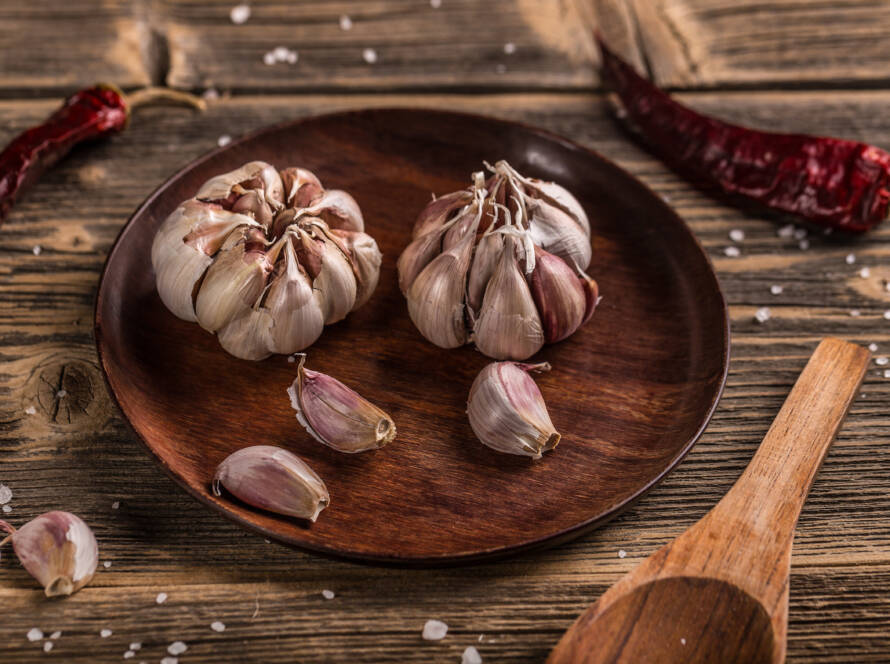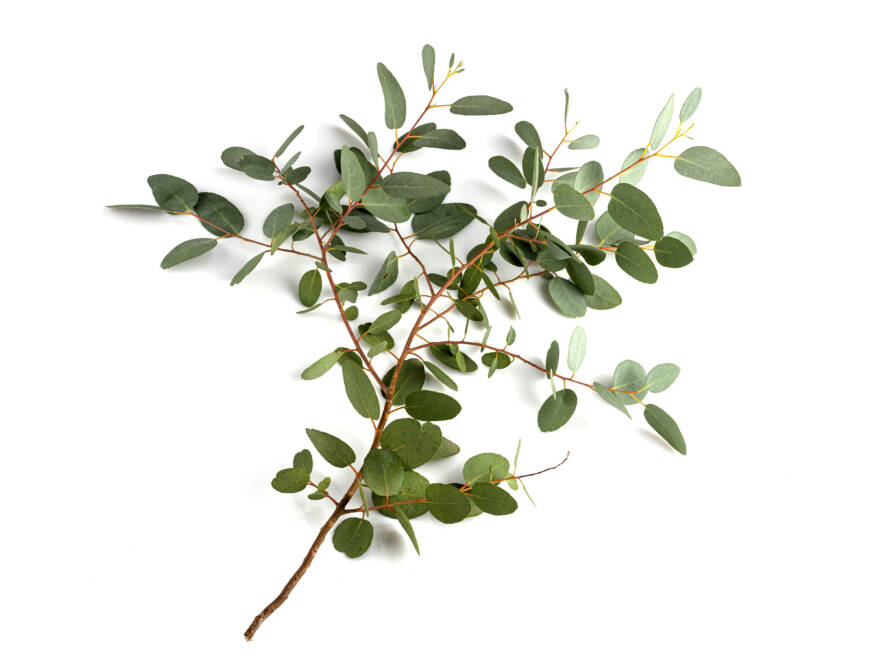Astragalus
This fact sheet provides essential information about the herb astragalus, including its common names, uses, potential side effects, and resources for further information.
Common Names
- Astragalus
- Bei qi
- Huang qi
- Ogi
- Hwanggi
- Milk vetch
Latin Names
- Astragalus membranaceus
- Astragalus mongholicus
Uses
Astragalus has a long history in traditional Chinese medicine and is used for various health purposes, including:
- Supporting and enhancing the immune system, often in combination with other herbs.
- Treating chronic hepatitis and as an adjunctive therapy in cancer treatment.
- Preventing and treating common colds and upper respiratory infections.
- Addressing heart disease.
How It Is Used
The root of the astragalus plant is commonly used in:
- Soups
- Teas
- Extracts
- Capsules
Astragalus is typically combined with other herbs, such as ginseng, angelica, and licorice.
Scientific Insights
- Evidence supporting the use of astragalus for health conditions is limited. Preliminary studies suggest it may benefit heart function and enhance immune response against infections.
- Some studies indicate potential benefits when astragalus is used with another herb, glossy privet (Ligustrum lucidum), as an adjunctive therapy for cancer, though these studies often lack robust design.
- The National Center for Complementary and Alternative Medicine (NCCAM) is funding research to explore the effects of astragalus on the immune system.
Side Effects and Cautions
- Astragalus is generally considered safe for most adults, but its side effects are not well-documented due to its common use in combination with other herbs.
- It may interact with medications that suppress the immune system, such as cyclophosphamide, which is used by cancer patients and organ transplant recipients.
- Caution is advised against using certain astragalus species, such as “locoweed,” which may have different effects and side effects.
- It is important to inform healthcare providers about any complementary and alternative practices to ensure coordinated and safe care.
Resources
- Astragalus. Natural Medicines Comprehensive Database.
- Astragalus (Astragalus membranaceus). Natural Standard Database.
- Upton R. Astragalus. In: Coates P, et al. Encyclopedia of Dietary Supplements.
 NCCAM National Institutes of Health
NCCAM National Institutes of Health
This summary highlights the key aspects of astragalus, including its traditional uses, potential benefits, and safety considerations.


